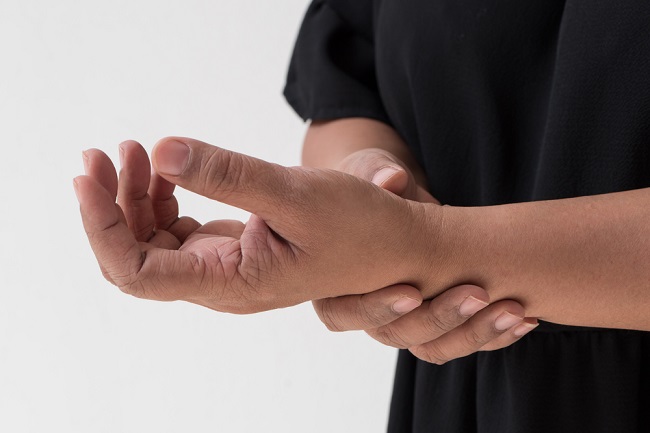Of course children can felt various emotions when their parents divorced, ranging from surprise, sadness, anger, worry, to feelings of guilt. Therefore, even if you agree to divorce, it is very important to continue to work together in accompanying your child through this time.
Children's reactions to their parents' divorce can vary. The younger sibling may seem more receptive, while the older sibling may rebel, or vice versa. It all depends on the personality and age of the child, as well as the divorce process and the conditions that occur during the separation.

Trying MMinimize the Negative Effects of Divorce
Basically, divorce is not an ideal thing. However, a house in which there is always a fight between the parents is also not good for the development and psychological condition of the child. In the long term, this can actually have a negative effect on their mental health.
If divorce is the only solution, explain this to your child and go through the process well.
With a good divorce process, children can be calmer and can be more accepting with positive thoughts. At least, he knows that this is the best way for the happiness of each of his parents, as well as for himself.
It should be noted that children whose parents divorce on good terms can actually become children who are more flexible, tolerant, and better able to handle stress, as long as both parents continue to pay attention to their needs and establish good relationships with them.
Tstill compact to raise children even though they are divorced
Even if you're officially divorced, it's important to agree that you and your ex-spouse still have the responsibility of raising children. Here are some things you need to do to support your child during and after a divorce:
1. Listen to the expression of the child's feelings
You need to take your child's opinions and expressions seriously, so that they feel valued and important. Be a good listener, even if what your child says makes you sad. Help him to realize that there is nothing wrong with his feelings.
2. Be honest with children
You also shouldn't deny or hide the divorce. This information certainly needs to be conveyed in the right circumstances. However, share information that is in accordance with reality and don't badmouth your ex-partner.
3. Encourage children to call their parents
Your child will definitely live with one of the parents, be it you or your ex-spouse. Encourage him to call the two of you even if it's just to ask how he's doing and talk. This is important so that the child still feels that he has a complete parent, even though you are no longer together.
4. Don't be reluctant to apologize to children
While it may seem like the best path, divorce is a disappointing situation. Whether you realize it or not, there may be words, actions, or situations that make your child sad or angry, so he keeps his distance from you.
So, don't be afraid to apologize and remember that it's never too late for this. Tell him that you will do your best not to repeat the mistake again.
5. Postpone the presence of third parties
If you already have a potential new partner, don't immediately introduce them to your children. Of course it takes time for the baby to really get used to the conditions after the divorce. Try to see how your child responds when you mention a new partner.
In addition, you also have to convince the child that your divorce was not at all his fault. This is important to say repeatedly, especially if he looks gloomy and likes to blame himself.
Divorce is a very time-consuming process, energy, and thought. It's natural to feel overwhelmed at first to pay attention to your child. However, in a situation like this, you should not override the interests of the child.
If you need help regarding how to accompany your child in a divorce situation and how to get your child to accept it with a positive mind, don't hesitate to consult a psychologist.









